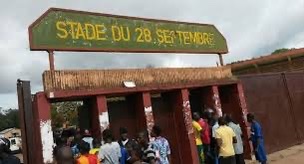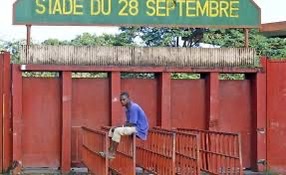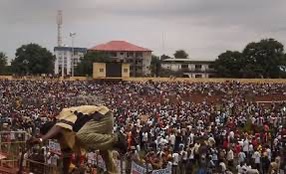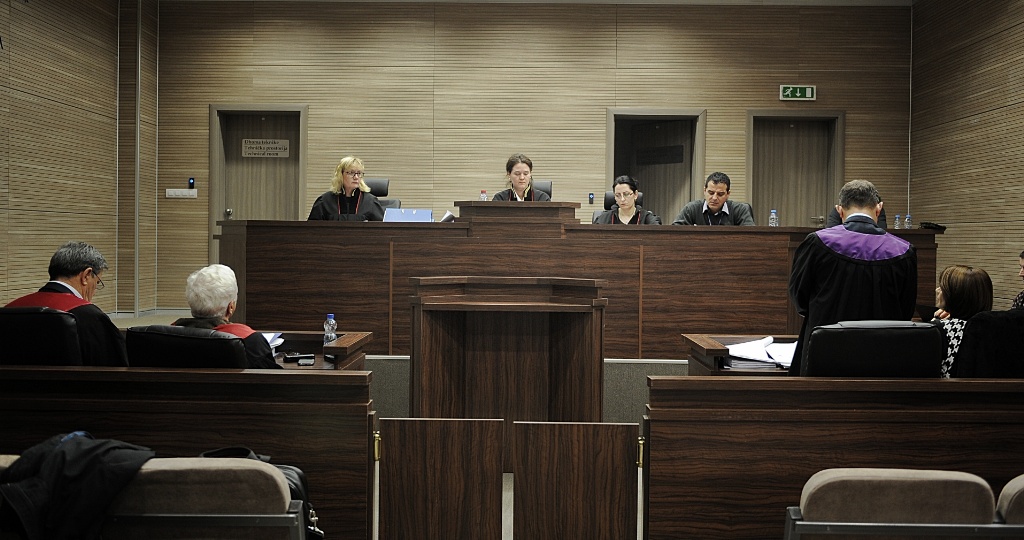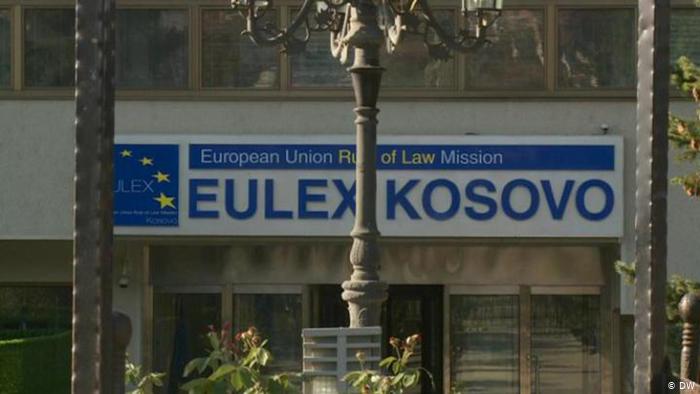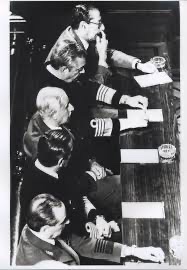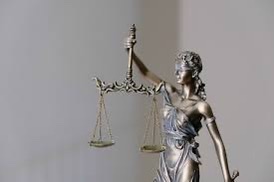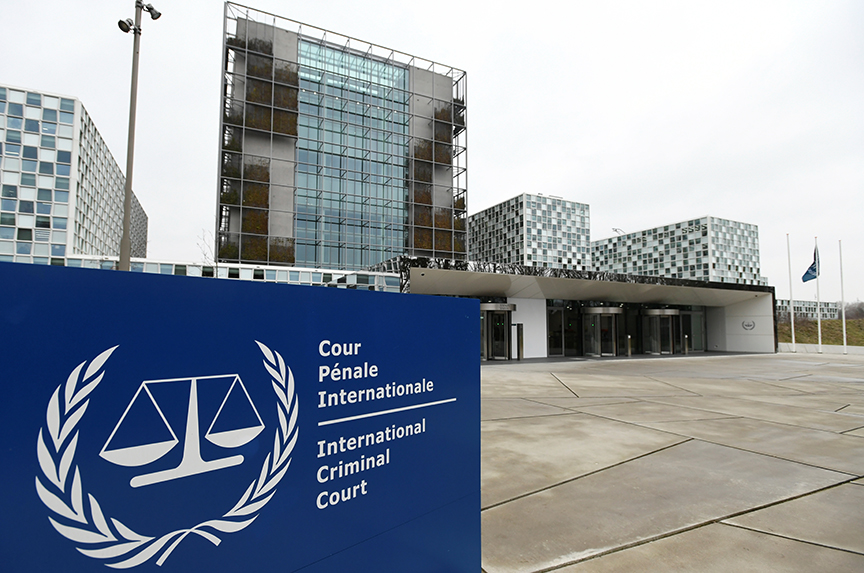
The right to know the truth in cases of mass atrocities and grave violations of human rights has been recognized in various international and regional documents and human rights mechanisms. The International Criminal Court (ICC) deals as well with cases of mass atrocities. Genocide, crimes against humanity, and war crimes entail grave violations of human rights on a large scale, and although the ICC is not a truth-seeking mechanism in stricto sensu, in the adjudication of the cases the judges make findings of facts. Therefore, beyond the assessment of whether the ICC is the right forum for unveiling truth about mass atrocities, a more grounded approach might be to look at the implications of the ICC as a truth-revealing forum from a rights-based approach, which amounts to bring to the discussion the issues that the application of notions of the right to truth may have at the ICC.
This post intends to start the discussion on this topic. For this purpose, it will briefly review the emergence, scope, and dimensions of the right to truth, and then explore the applicability of these notions to the ICC.
The right to truth
The right to know the truth for victims of mass atrocities has been recognized in various international legal instruments and in many jurisdictions. One of the first instruments in recognizing this right was the Additional Protocol I to the Geneva Conventions. Articles 32 and 33 enshrined the right of families to know the fate of their relatives, and the obligation of the parties to the conflict to search for persons who were reported missing.
The evolution and expansion of the right to truth from international humanitarian law to human rights law is related to the search for accountability for the commission of enforced disappearances in Latin-America and the fight against impunity and blanket amnesties during authoritative regimes of the late 70’s and mid 80’s. The Organization of the American States and the United Nations (UN) established working groups to report on the issue in the second half of the 80’s. These organizations expanded the right beyond the information about the events related to missing or disappeared persons, to include information of other serious violations of human rights.
In 1988 the Inter-American Court of Human Rights dealt with its first case, which was about the enforced disappearance of Manfredo Velaquez Rodriguez in Honduras. Although the American Convention on Human Rights does not explicitly include this right, the Court affirmed in its judgement the existence of the rights of the victim’s family to know his fate, and the obligation of the State to inform them. Since then, the right to truth has been developed in several decisions of the Court, and has also been recognized also by the European Court of Human Rights
The UN has also progressively studied and recognized the right to truth. Although only the International Convention for the Protection of All Persons from Enforced Disappearance grants the right to truth in a treaty, there are various soft law documents that address this right. In particular, the UN Updated Set of Principles for the Protection and Promotion of Human Rights through Action to Combat Impunity provides the right to know the truth about the events concerning the perpetration of heinous crimes through massive or systematic violations, recognizing a collective and an individual dimension, that concern the victim and their families and the peoples where these violations occurred. Additionally, the UN Basic Principles and Guidelines on the Right to a Remedy and Reparation for Victims of Gross Violations of International Human Rights Law and Serious Violations of International Humanitarian Law recognize as a measure of satisfaction the fulfillment of the right to truth.
Furthermore, the previously mentioned dimensions of the right to truth entail different right holders and different content. The individual dimension recognizes the direct victim or the relatives of the victim as the right holders, and the truth sought is related to the specific events that violated the human rights of the victim in question. On the other hand, the collective dimension refers to the society as the right holder, and it entails the truth about the causes, systems, and policies put in place for the commission of the grave, mass, and systematic human rights violations, and its consequences.
The right to truth in the ICC
The ICC Statute enshrines two provisions referring to the truth-seeking process in which the cases before the ICC are involved. Article 54 (1) indicates the duties and powers of the Prosecutor during the investigation, and it indicates that “in order to establish the truth” the Prosecutor should cover all the facts, including incriminating and exonerating circumstances. In addition, Article 69 (3) enables the Chambers to request the submission of all types of evidence (inculpatory or exculpatory) “with the purpose of establishing the truth in the proceedings.” Therefore, from a normative viewpoint, there is an underlying obligation to find the truth for the ICC.
As for the individual dimension of the right to truth at the ICC, it is often invoked article 68 (3) of the ICC Statute, which enables the participation of victims in the proceedings when their personal interests are affected. This provision is considered to have given an unprecedented victim’s participation in the proceedings of international criminal tribunals, because those personal interests may include the revelation of truth. However, there is the concern that the testimony of the victims, or the truth they reveal in the proceedings, may be judged under true or false discourses during the trial, which forces to judge the victims’ suffering in those parameters as well.
Additionally, a question that follows is whether the individual right holders of the right to truth that participated in the ICC proceedings may consider this right effectively realized. In particular, when whatever truth is revealed, is made by an international institution—the ICC—that most of the times is ignored or rejected in the societies where they live in, and its revelation about the particular circumstances of the human rights violations they suffered, may be contested in local (not necessarily legal or jurisdictional) fora. Another angle of this issue that must be brought to the table is whether the individual victims are in a position to demand the realization of this right to the ICC.
Furthermore, it must be noted that the truth revealed by the ICC not only includes the specific facts related to the criminal responsibility of the accused persons, but also the contextual elements of the crimes under the ICC jurisdiction, which entail the establishment of a plan, system, or policy, for the commission of the crimes. This detail is relevant when assessing the collective dimension of the right to truth because content-wise the ICC is a mechanism that can reveal the systems and policies put in place to commit mass and systematic human rights violations. However, the inevitable question that follows this assertion is, who is the collective right holder of the right to truth at the ICC? Is it “the international community as a whole” as invoked in the preamble of the ICC Statute, or is it the society of the country concerned in the ICC proceedings?
If the international community is the right-holder of the right to truth, would it mean that a right to truth for this “collective subject” has emerged? Would the international community (however defined it) would be in the position to demand the compliance of the right to truth to the ICC?
On the other hand, if the society of the country under investigation is the “collective subject”, would it mean that they are in a position to demand truth to the ICC? Is it possible, in practical terms, for societies located thousands of kilometers away from The Hague, with ongoing conflicts, to demand truth to the ICC? Or flipping the question, is it possible for the ICC to realistically communicate its findings to the society affected in the country situation, and thus comply with the collective dimension of the right? Can the truth revealed by the ICC influence the official narrative about the mass atrocities in the society in question?
These are questions that have been overlooked when referring to the right to truth at the ICC. Although it is not possible to answer them in this post, it is relevant to explore them in relation to the specific situations under investigation in the ICC. This approach will bring the assessment of the ICC proceedings closer to the societies where the crimes under its jurisdictions were committed, and will break the top-down approach bubble that the ICC analyses have had so far to combine them with a bottom-up approach that takes into account the actual effects of the proceedings in the people and societies concerned.
